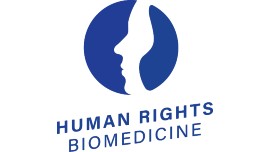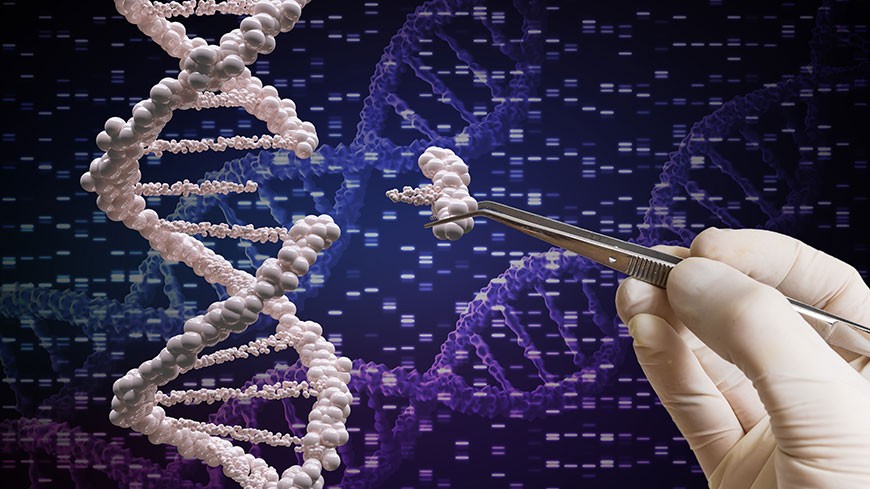Strategic Action Plan on Human Rights and Technologies in Biomedicine

This action plan is based on the Council of Europe Convention on Human Rights and Biomedicine (Oviedo Convention), which since 1997 has been the only legally binding instrument dedicated to human rights in biomedicine.
Strategic action plan on human rights and technologies in biomedicine (2020-2025)
Embedding human rights in the development of technologies which have an application in the field of biomedicine
Fostering public dialogue to promote democratic governance and transparency in the field of biomedicine
Safeguarding the rights of persons with mental health difficulties
Strengthening children’s participation in the decision-making process on matters regarding their health
Safeguarding children’s rights in relation to medical practices which have future or long-term implications for them
Combating health disparities created by social and demographic changes in Council of Europe member States
Promoting equitable and timely access to appropriate innovative treatments and technologies in healthcare
Ensuring equitable access to healthcare resources in a context of scarcity
Developing long-term strategic co-operation with Council of Europe committees and other intergovernmental bodies working in the field of bioethics
Communication and dissemination of the outputs of the CDBIO to internal and external stakeholders to maximise their uptake and utility
Marija Pejčinović Burić
Secretary General of the Council of Europe
Varvitsiotis Miltiadis
Alternate minister of foreign Affairs (Greece)
Rik Daems
President of the Parliamentary Assembly



















